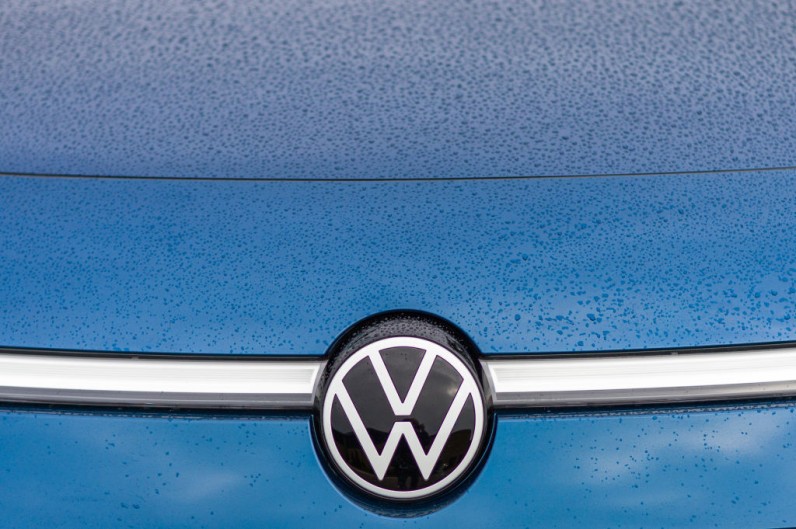
German automaker Volkswagen announced Tuesday (June 25) that it would invest $5 billion in US-based electric vehicle (EV) maker Rivian as part of a joint venture to share EV architecture and software.
In a joint statement, Volkswagen agreed to invest an initial $1 billion in Rivian, with an additional $4 billion to be added.
For Volkswagen Group CEO Oliver Blume, the joint venture between the two firms is expected to allow them to consolidate and complement their strengths and lower the cost of vehicle production by increasing the scale and speeding up innovation globally.
On the other hand, Rivian founder and CEO RJ Scaringe added that they were excited to work with the German automaker and that the partnership would "secure [its] capital needs" for its substantial growth to help the world wean away from fossil fuels, as well as to keep its current vehicles cash flow-positive and develop future vehicles, such as an SUV model that they were planning to roll out in 2026.
This is exciting! Volkswagen Group CEO Oliver Blume and I are thrilled to announce the formation of a joint venture between our two companies. This partnership brings Rivian’s software and zonal electronics platform to a broader market through Volkswagen Group’s global reach and… pic.twitter.com/11XVNUo89J
— RJ Scaringe (@RJScaringe) June 25, 2024
READ NEXT : US Report Says BMW, Jaguar, and Volkswagen Used Illegal Chinese Parts With Links to Child Labor
Volkswagen-Rivian Partnership
Reuters reported that Rivian's shares surged by about 50% in extended trade after the announcement, with a potential that the company's market value would rise to $6 billion if gains would hold on Wednesday (June 26).
The partnership announcement came at a time when EV sales from companies like Rivian are plateauing as an industry due to high interest rates and dwindling cash, and traditional car-makers like Volkswagen are struggling to build battery-powered vehicles and advanced software.
San Francisco-based Mavka Capital managing partner Vitaly Golomb told Reuters that any cash infusion by an established company to a startup was "huge," adding that Rivian getting the support of Volkswagen "strengthens their story" toward Europe and Asia, while Rivian could help Volkswagen develop an SUV and EV software, things the German automaker has been struggling with.
German broadcaster DW quoted a report by local business daily Handelsblatt, which explained that Volkswagen was plagued by issues with its software development firm CARIAD, forcing its subsidiaries Audi and Porsche to delay the introduction of their new EVs by as much as two years.







Join the Conversation